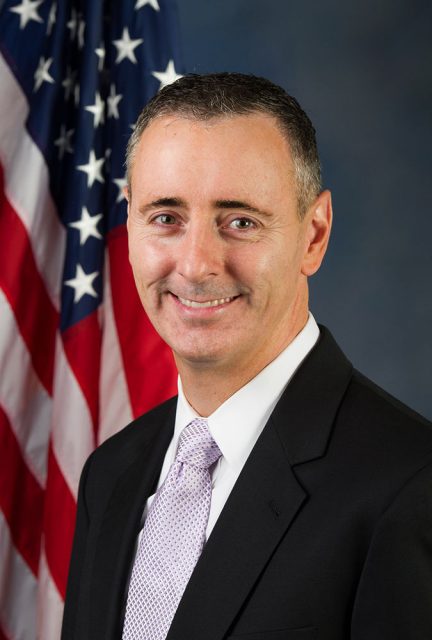During the war in Vietnam, up to four million Vietnamese were exposed to Agent Orange with the country’s government claiming that up to three million have suffered health problems.
US Lawmakers have recently introduced new legislation aimed at adding nine conditions to the list of diseases presumed to be triggered by exposure to critical levels of the herbicide known as Agent Orange. Veterans suffering from the illnesses would be fast-tracked onto the Department of Veteran’s Affairs disability compensation and health care.
The list, proposed by the Keeping Our Promises Act, includes prostate and bladder cancers, hypothyroidism, hypertension, stroke, early-onset peripheral neuropathy, AL amyloidosis, ischemic heart disease, and syndromes related to Parkinson’s disease.
The list is backed up by research from the National Academy of Medicine which released findings in November 2018 that confirmed there was “suggestive” evidence in eight out of the nine diseases. In addition, there was sufficient evidence that Agent Orange was a direct cause of hypertension.

Former FBI agent, Brian Fitzpatrick, now a Republican member of the US House of Representatives, is one of eight lawmakers who have come together to sponsor the legislation. He said, “American heroes affected by Agent Orange deserve the peace of mind [from] knowing that the federal government recognizes the link between their exposure and illness.”
Meanwhile, a review of the evidence offered to the House of Representatives is expected to return recommendations regarding presumptive conditions in the summer of 2019. The executive in charge of the Veteran’s Health Administration told the Senate House at the end of March that the review was expected to be complete in around 90 days.

from Pennsylvania’s 1st district
Some of the conditions on the new list were recommended previously in 2016 but have stalled in the White House Office of Management and Budget. Executives there are said to be awaiting reports to be returned that address mortality and morbidity, which may deliver more defined proof of a connection between Agent Orange and the diseases.

The group of legislators backing the Keeping our Promises Act hail from both sides of the House and are impatient to see progress. They claim that the addition of the illnesses would help tens of thousands of Vietnam War veterans currently struggling to access the health care and support required to deal with their condition.

The Act’s passage is likely to be difficult as previous attempts have been held up by legislators unconvinced by the evidence presented. In 2018, attempts to prove the eligibility of Naval veterans exposed to Agent Orange while operating off the coast of Vietnam failed to make it through the House. Instead, the benefits were won via an external court ruling.

During the war in Vietnam, up to four million Vietnamese were exposed to Agent Orange with the country’s government claiming that up to three million have suffered health problems. The Red Cross has also claimed that up to one million people either suffer disability or chronic health problems as a direct result of exposure during the war.

The chemical herbicide has been identified as a genetic toxin which has resulted in congenital disabilities. The US Government has conceded that there has been an increase in the incidence of leukemia, Hodgkin’s Lymphoma, and other cancers in veterans.

Since 1994, the National Academy of Medicine has issued a report every two years assessing the health effects of Agent Orange with regard to Vietnam Veterans. In the intervening years, the arguments for and against adding further diseases have continued.

A court case brought in the 1980s against the various manufacturers of the herbicide (including Dow Chemicals, Monsanto Company, and Diamond Shamrock Chemical Company) was controversially settled out of court.
Read another story from us: The Zippo Lighter: An Icon Of The Vietnam War
While the settlement meant that the veterans affected won a sum of money, it was not enough to cover all eventualities, and it excluded them from other state benefits, which would have provided more support.
It is hoped that the new act will address some of the problems that US Vietnam veterans have faced over the years since the end of the war.
